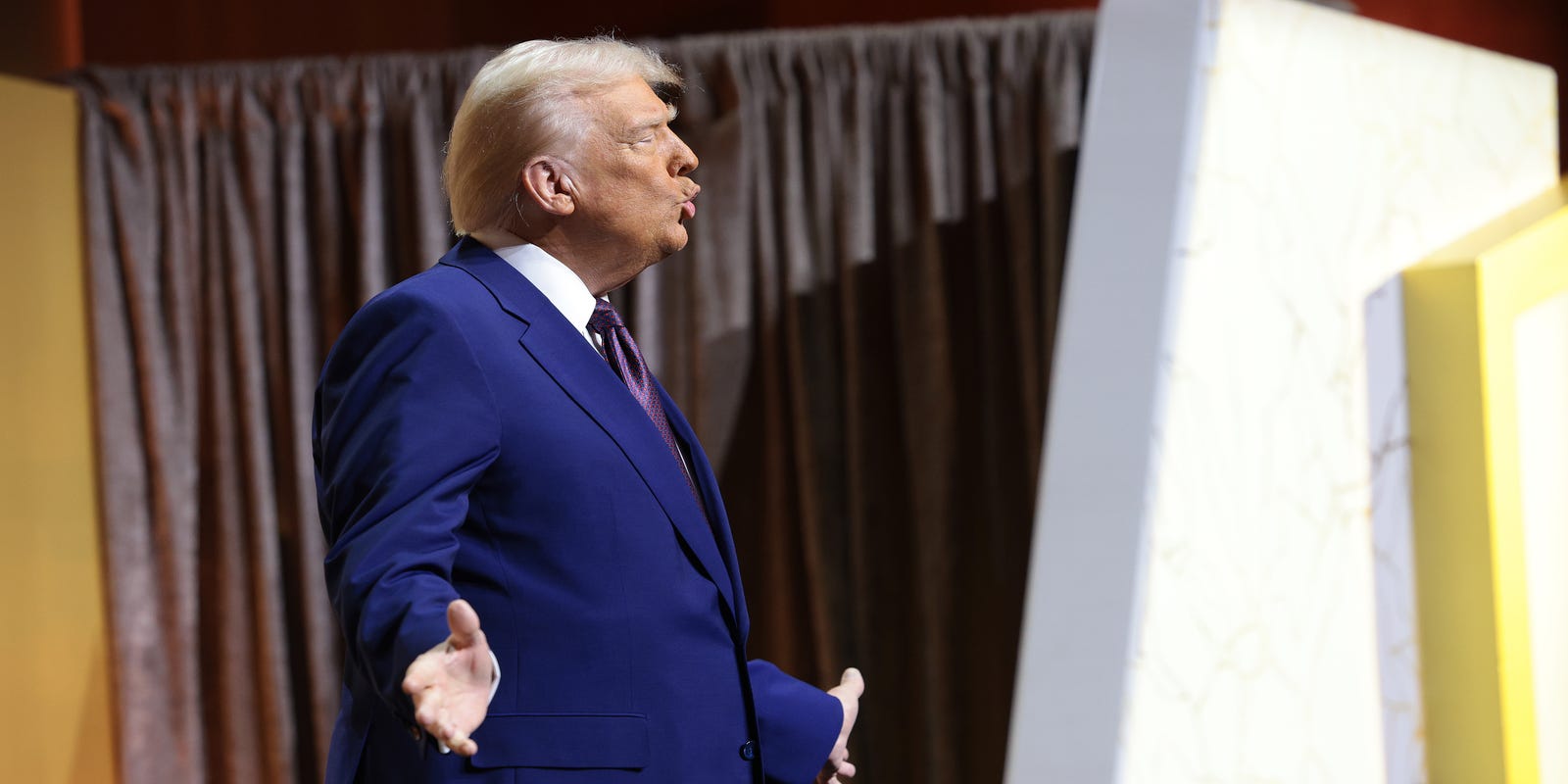Trump's Touch: How the Former President's Presence Spells Doom for Sports Teams

Sorry, Guys. I Don't Make the Rules
Let's face it: sometimes life throws unwritten guidelines our way that seem completely arbitrary yet somehow universally understood. These unspoken social protocols aren't officially documented, but they might as well be carved in stone.
Take public transportation, for example. There's an unwritten code of conduct that everyone seems to instinctively know. Want to avoid awkward interactions? Don't make prolonged eye contact. Need a peaceful commute? Keep your music volume low and your conversations to a minimum.
The same goes for workplace dynamics. You know those subtle expectations that aren't in any employee handbook? Like never being the first person to microwave fish in the break room, or understanding that "casual Friday" doesn't mean showing up in pajamas.
Social media has its own set of unwritten rules too. Double-tap to like, but don't you dare scroll back years into someone's profile. Share memes, but not too many. Be witty, but not trying too hard.
These invisible guidelines aren't about strict enforcement—they're about mutual understanding and collective comfort. They're the social lubricant that keeps our interactions smooth and predictable.
So next time you find yourself instinctively following an unwritten rule, just remember: you didn't create these guidelines, but you're definitely playing by them.

